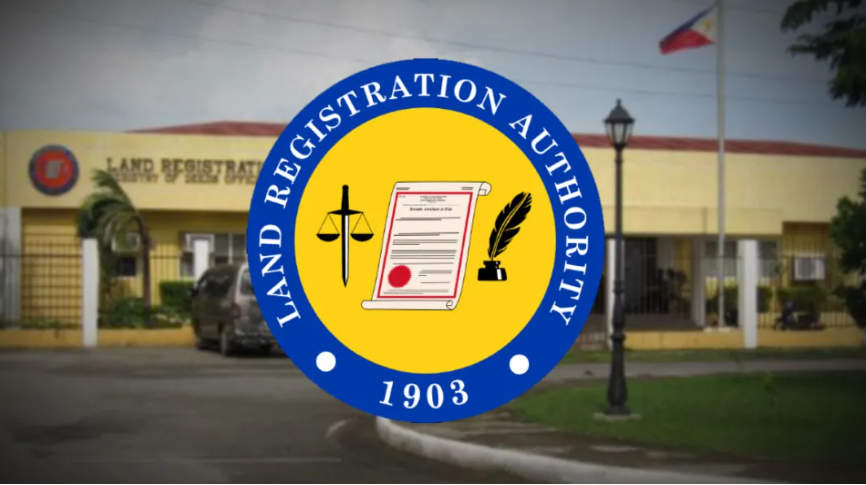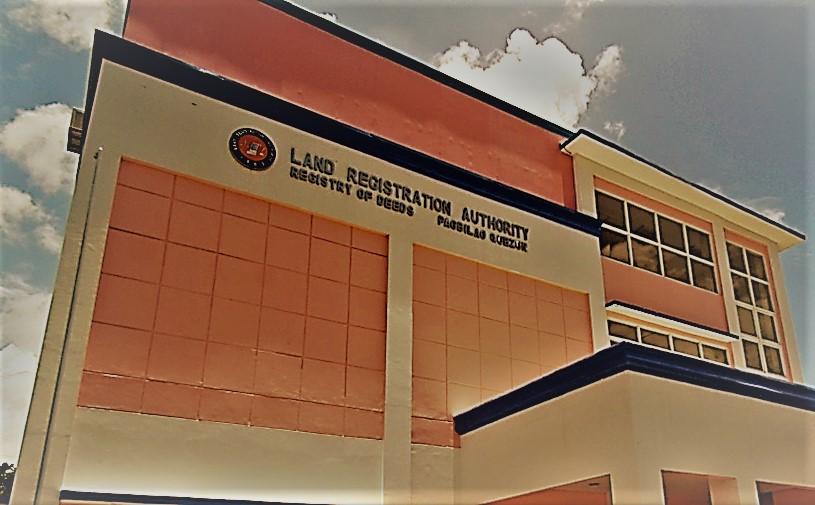
Date Published
July 24, 2025
Talk to us
The Philippines, known for its white-sand beaches and clear turquoise waters, continues to draw foreign retirees, digital nomads, and investors dreaming of tropical living. From Palawan to Cebu and Siargao, interest in beach properties is growing fast.
But one question often comes up:
Can foreigners buy beach lots in the Philippines?
The short answer: not directly. Land ownership in the Philippines is restricted to Filipino citizens and majority Filipino-owned corporations. However, there are legal and commonly used alternatives that allow foreigners to lease, use, or control beachfront properties in a secure and lawful way.

This guide explains what the law says, what options are available, and what to watch out for if you’re thinking about investing in a beach property here.
What the Law Says About Land Ownership
Foreign nationals cannot own land in the Philippines under the 1987 Constitution (Article XII, Section 7). Land ownership is strictly reserved for Filipinos and for corporations that are at least 60% Filipino-owned.
That said, condominiums are an exception. Foreigners can legally own up to 40% of units in a condo project, but this applies only to vertical developments. It doesn’t apply to raw land, even if it’s near the beach.
It’s also important to know that many beach properties include foreshore land, areas right next to the sea that are part of the public domain. These are regulated by the Department of Environment and Natural Resources (DENR) and cannot be privately titled, whether you’re a local or a foreigner.

So while foreigners can’t directly own beachfront land, there are other ways to legally gain use or access to it.
Legal Workarounds Foreigners Commonly Use
Foreigners who want to invest in or live on beachfront property in the Philippines often use one of the following legal structures:
1. Lease Agreements (25 to 50 Years)
Foreigners can lease land for up to 25 years, renewable for another 25 years. This setup is common for building vacation homes, resorts, or retirement villas.
What to remember:
- The lease must be written, notarized, and registered with the Registry of Deeds.
- You can own any house or structure you build on the leased land.
- The contract should clearly outline the renewal terms and what happens in case of disputes.

2. Buying Through a Filipino Spouse
If you’re married to a Filipino, the property can be purchased under your spouse’s name. This is allowed under Philippine law, but it comes with some limitations:
- The land must be titled solely under the Filipino spouse.
- If the marriage ends or the spouse passes away, your access could be limited or contested.
- A will or usufruct agreement may offer some protection, but you still don’t get ownership rights.
- Prenuptial agreements can protect other assets, but not land itself.
3. Setting Up a Corporation
You can also form a corporation to own land, provided that at least 60% of the shares are held by Filipinos.
Key points:
- The corporation must be genuine and operational, not just a name on paper.
- It must be registered with the Securities and Exchange Commission (SEC).
- Some foreigners structure preferred shares or board control, but these setups need careful planning and legal support.
4. Buying Through a Local Nominee (Not Advised)
Some foreigners use a trusted Filipino to hold land in their name. This practice is risky and can violate the Anti-Dummy Law.
Why it’s not safe:
- These arrangements are not legally enforceable.
- If the relationship fails or gets legally challenged, you could lose all rights to the property.
- Always consult a real estate lawyer before even considering this route.
5 Things to Check Before Investing in a Beach Lot
Even if you’re using a legal workaround, investing in beach property still requires careful evaluation. Here’s what you should look into:
- Zoning rules: Make sure the land is zoned for the purpose you intend: residential, commercial, or tourism. Some beachfront areas are protected and off-limits to development.
- Foreshore rights: If the property includes foreshore land, you may need a Foreshore Lease Agreement through the DENR.
- Environmental compliance and coastal setbacks: Before developing beachfront land, check the local government’s required setback distance from the shoreline (often 20–40 meters) and secure an Environmental Compliance Certificate (ECC) from the DENR if needed. Some coastal areas are part of environmentally critical zones, which may restrict or ban certain developments altogether.
- Infrastructure: Check for access roads, electricity, water, and internet, especially in remote areas.
- Exit strategy: Foreigners can’t resell land they don’t own, so make sure you have a clear plan if your lease ends or if you sell shares in a corporation.
For a deeper look into zoning rules, foreshore leases, and what to watch out for when buying a beachfront property, check out our full guide: Buying a Beach Lot in the Philippines: What You Need to Know.
Where Foreigners Are Buying Beach Properties
Looking for locations that are foreign-friendly? These areas are popular for a reason:
- Palawan: Especially El Nido, Aborlan, Quezon and Puerto Princesa. These areas are known for natural beauty and eco-tourism.
- Siargao: A growing surf destination with boutique resorts and laid-back communities.
- Cebu and Bohol: Great infrastructure, airports, hospitals, and growing expat communities.
- Zambales and Batangas: Conveniently close to Metro Manila, ideal for vacation homes or weekend rentals.
In these areas, most foreigners use corporate structures or long-term leases to gain legal access to properties.
Want to explore top coastal areas with promising potential? Check out our roundup of the Best Provinces to Buy Beach Land in the Philippines.
FAQs: Common Questions About Foreign Beach Property Ownership
Can I register land under my child’s name?
Only if your child is a Filipino citizen. If they’re a minor, the Filipino parent or guardian will legally manage the property.
Can I trust a Filipino friend or partner to hold the title for me?
Not recommended. Without legal ownership or corporate structure, you may have no enforceable rights.
Can I build on land I lease?
Yes. You can own the house or building, but not the land itself. Just make sure it’s clearly written in the lease.
What taxes or fees should I expect?
Typical costs include:
- Lease registration fees
- Withholding tax on rent
- Capital gains tax (if selling through a corporation)
- Annual real property tax
Can I inherit land in the Philippines as a foreigner?
Under exceptional circumstances, a foreigner may temporarily acquire land through hereditary succession (i.e., as a legal heir, not via sale). However, this does not grant full ownership rights, and the foreigner is typically required to dispose of the property within a reasonable time. You still cannot resell or retain land permanently unless it’s transferred to a qualified Filipino heir or corporation.
Final Thoughts: Yes, It’s Possible, with the Right Setup
Foreigners can’t buy beach lots outright in the Philippines, but that doesn’t mean you have to give up the dream. With the right legal route, whether through a long-term lease, your Filipino spouse, or a registered corporation, you can still live or invest by the sea.
What matters most is working with the right people: a licensed real estate broker, a lawyer, and a qualified accountant. Beachfront investments are possible, but they need to be done correctly.
Ready to explore your options? Visit primavitarealty.com to find available beachfront properties and expert guidance on your next step.
Tropical living in the Philippines is within reach, just make sure you do it the right way.


